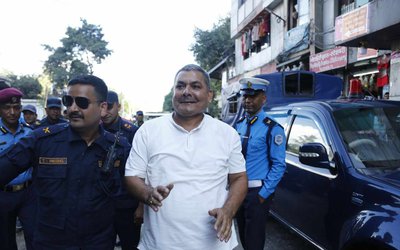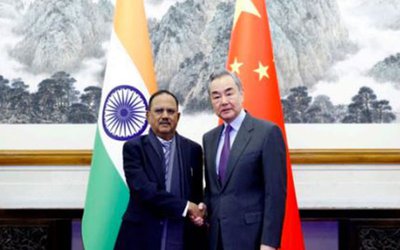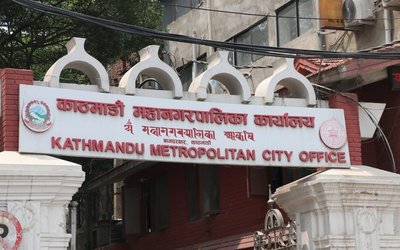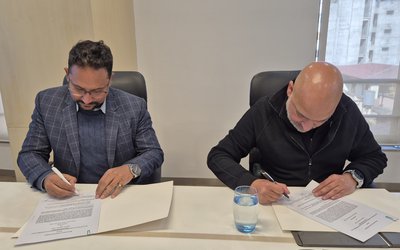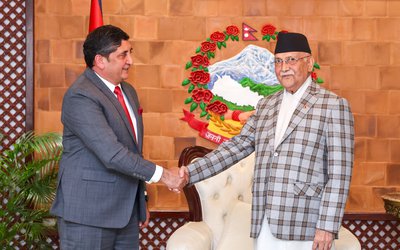Two decades ago nobody thought that growing vegetable could transform the livelihood of the poor and marginalized community in hill areas. However, executive chairperson of CEAPRED Dr. Upadhayaya has proved that transformation in agriculture pattern can be used for sustainable livelihood improvement.
From a pocket program in a village of Dhankuta, Dr. Upadhyaya has passed a long mile and spent his valuable life time to achieve the target to improve the livelihood of poor and marginalized people. Last week when CEAPRED observed its 21st anniversary, CEAPRED’s program reached the households of millions of people around the country.
Established in 1991 to develop and institutionalize the concept of participatory development in Nepal, CEAPRED has been able to achieve its objective to reduce poverty and enhance food security through empowerment of deprived and disadvantaged communities of Nepal.
Promoting commercial high-value agriculture, livestock and agro processing activities based on local comparative advantage, CEAPRED has already changed the pattern of agriculture in many far and remote districts of Nepal.
“ I am proud that we are able to achieve our vision of high inclusive and sustainable agricultural growth contributing to poverty alleviation and livelihood improvement of the poor in Nepal,” said Dr. Hari Krishna Upadhyaya, executive chairman of CEAPRED. “For this, I had to dedicate my twenty years of time.”
When CEAPRED launched its efforts to change the subsistence based agriculture into market-led, demand driven and value-chain based micro-enterprises for improving the livelihood of the landless poor and disadvantaged community, every one raised the eyebrow. Its first project launched in Dhankuta district has already proved that the livelihood can be changed through this approach. Land based activities such as production and marketing of off-session vegetables and seeds benefit those who possess cultivable land.
As climate change is gradually affecting the agriculture pattern of the country, CEAPRED vegetable and vegetable seed program have comparative advantages. When the water level is shrinking and rain pattern is changing, farmers are searching the alternatives. Switching to vegetables is the best option.
“We also support most poor and vulnerable communities who possess marginal or no lands by introducing none-land development services and support to improve their livelihood,” said executive director Bharat Prasad Upadhyaya.” We provide the necessary technical, financial and managerial support to initiate micro enterprises that are suitable to local market conditions.”
Along with promoting the vegetables production and seeds, CEAPRED has also been supporting rural infrastructure. It has already established 524 cooperative buildings/ collection centers, 68372 micro irrigation systems drips, ponds sprinklers and etc. Along with this, 1335 drinking water, school and toilets were also constructed.
Under the local institutional building program, CEAPRED established 11 multipurpose cooperatives, 72 marketing cooperatives, 46 saving and credit cooprartives,35 production cooperatives,458 community based cooperatives and 13 district cooperative Unions.
From establishing local institutions to promoting vegetables as an alternative to subsistence agriculture, Dr. Hari Krishna Upadhyaya’s approach is now yielding the fruit to the rural marginalized poor community who are making difference in their livelihood.
- SWISS SUPPORT: Construction Of A Trekking Trail In Koshi
- Dec 19, 2024
- PM OLI'S VISIT TO CHINA: BRI Agreement
- Dec 16, 2024
- RASUWAGADHI AND SANJEN: Begin Generation
- Dec 03, 2024
- NEPAL, INDIA ELECTRICITY TRADE Nepal's Advantage
- Dec 02, 2024
- PM Oli'S VISIT TO CHINA: Nepal's Dilemma
- Dec 01, 2024



